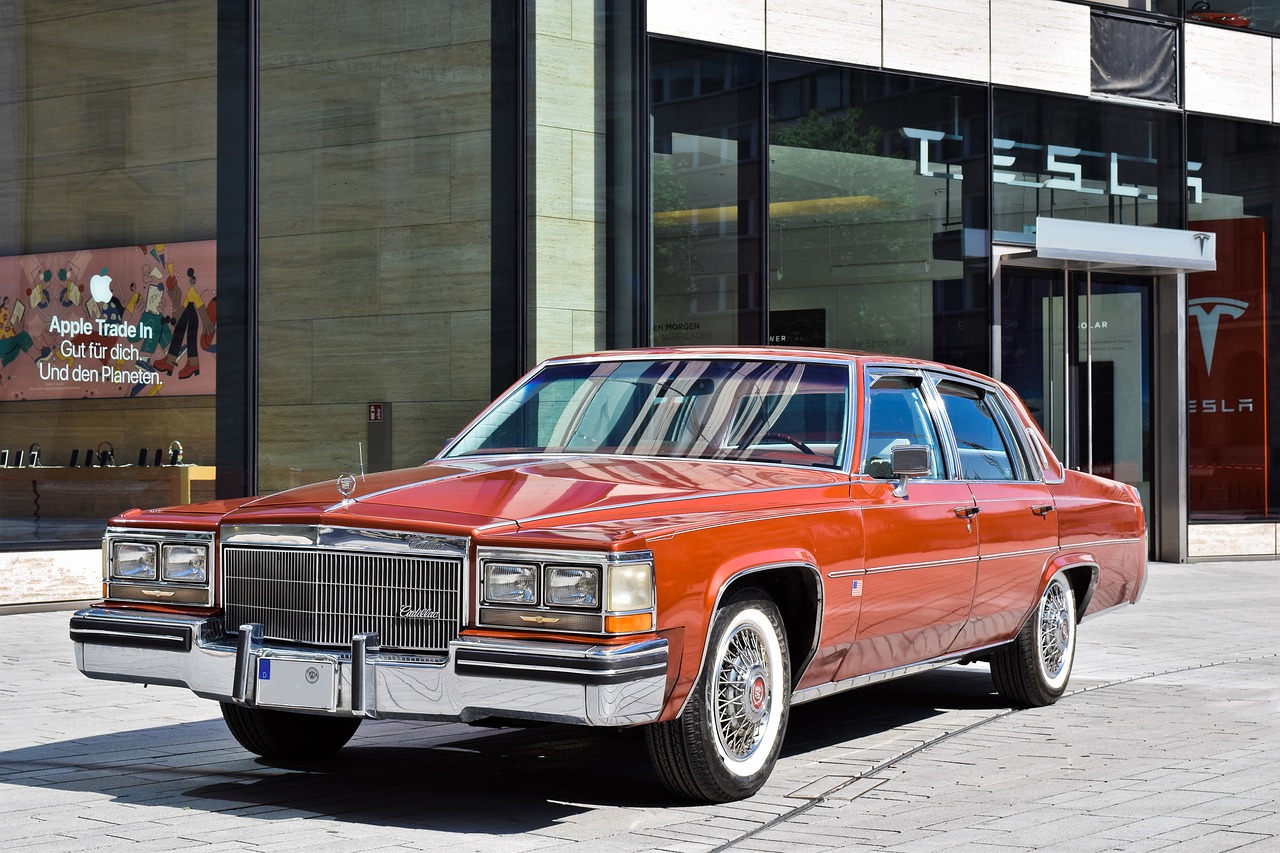Buying a used car be an exciting, yet stressful experience. Since the history of a used car can have a strong bearing on its performance in the future, it is important to have as much information about the vehicle as possible. Unfortunately, the burden of investigation generally falls on the purchaser, so it is important to be systematic in the way that you gather information. History reports and vehicle inspections can help, but it is also a good idea to ask the owner a lot of questions. If you are buying a used car from a dealer, the organization may not have a lot of the background, but will often guarantee the car with a new, limited warranty. When buying from a private seller, be sure to ask about the following:
1. Why are you selling the vehicle?
The answer to this question can help you decide whether to proceed with the sale. Often, people will state that they want a larger or smaller car. They may also be looking for a nicer vehicle.
2. When did you buy the car?
Ideally, you are buying the vehicle from someone who purchased it new and knows the entire history of it, but this is not always the case. If the seller has had the vehicle for a long time and knows the history from before it was purchased, that can be reassuring. A seller who takes good care of a car will likely have asked these same questions at the time of purchase and will have a clear story from even before they bought it.
3. Has the car been in an accident?
Vehicle history reports are a great source of data about a vehicle, but they do not always tell the whole story. Of course, you should always get a report on a car you are planning to buy. However, you still need to ask this question. Small accidents may not get reported, especially if someone fixed the vehicle out of pocket or did the repair themselves. While you can never be sure you are getting the full answer, it is good to check. Also, you can likely get some more information about any accidents reported on the history, such as the extent of damage and the way that it was fixed.
4. What kind of maintenance has been done?
Always ask about vehicle maintenance, as this can be a strong indicator of the amount of money that will need to go into the vehicle over time. If maintenance has been spotty or non-existent, you may end up needing to replace a lot of parts to make the vehicle reliable. Ask whether the maintenance was handled by a dealership, an independent mechanic, or by the owner, as this can change the sorts of things that were done. See if there are any service records available to make sure everything you would expect to be done indeed was completed. Moreover, if the owner has the records easily available, it is likely that the person really cared for the car. In some cases, it can be helpful to talk to a mechanic.
5. Which features don’t work anymore?
This question can seem presumptuous at first, but with any older car, there is likely to be at least one thing that has broken over the years. Asking about these issues upfront can save you disappointment down the line. Moreover, it can help you estimate any costs associated with repairing the issue should you feel like you need it fixed. Some common issues are a weak air conditioner, malfunctioning stereo, or failing displays. While some of these issues are not really a big deal, knowing about them upfront will help you to make the most informed decision about the car.
6. Where is the title located?
To avoid some of the common complications with buying a used car, make sure the owner has the title in hand. Ideally, the title is clear (meaning it is not a salvage title) and the owner has a physical copy that can be signed over to you immediately. If the seller gives you a story about someone else’s name being on it, that should raise some red flags that need to be addressed. Also, if the title is a salvage, that means the vehicle was in a major accident and you will need to do more homework. Also, it is typically wise to avoid a title with liens on it, as this paperwork can take a long time and be quite tricky.
